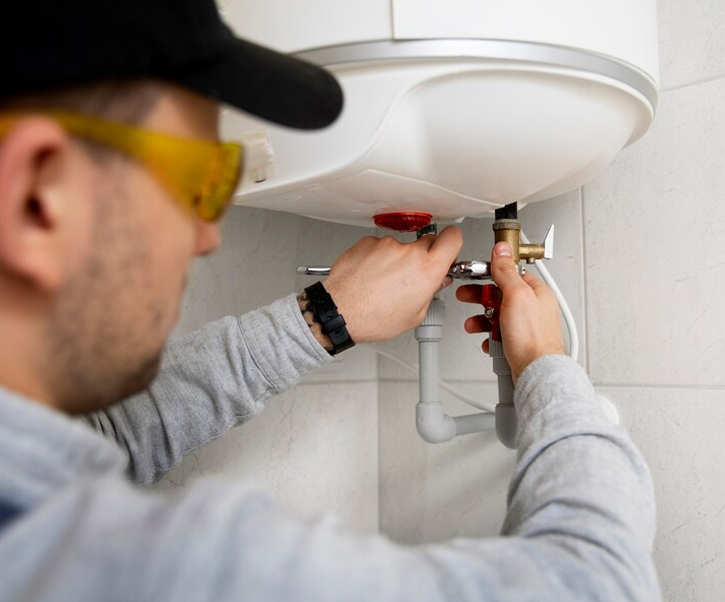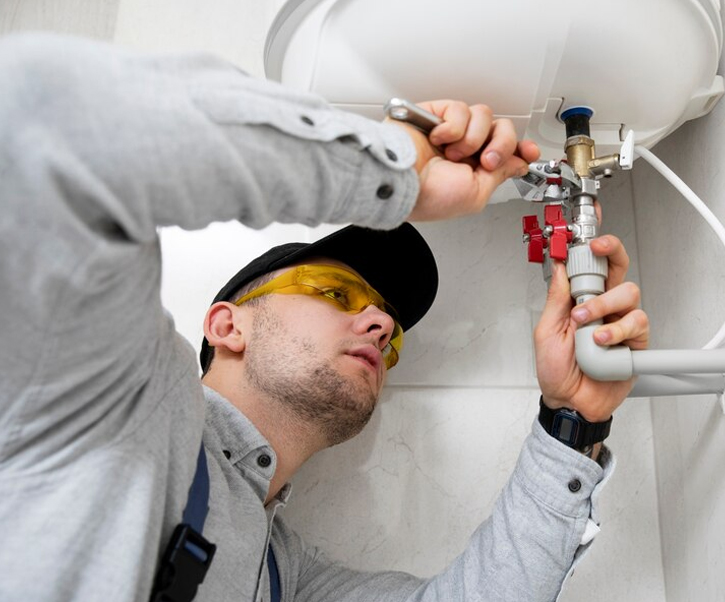Enquire Now
- CALL A PLUMBER
- (925) 478-8073
Enquire Now

Water heaters serve a very important function in ensuring comfort and convenience in our daily lives. They form a part and parcel of everyday operations, such as having a hot shower in the morning and efficiently washing a pile of dirty dishes without any trouble. Hence, we will always require hot water within our residences every passing day.
But a serious issue appears whenever your water heater mysteriously breaks down or fails. Having an idea about early warning signs and knowing the right time a new water heater replacement is required. This is because it can only serve to save you skyrocketing levels of stress, a large amount of finances amounting to thousands of dollars, and a range of possible home water damage.
Call Plumber NowHaving an idea about how to replace your water heater at the right time can help a lot in preventing any surprise breakdowns.
If you are looking around for who replaces water heaters near San Ramon California or who installs water heaters near San Ramon, then you’re not alone. Most homeowners in San Ramon replace units every 10 years to guarantee smooth hot water.
Call Plumber Now